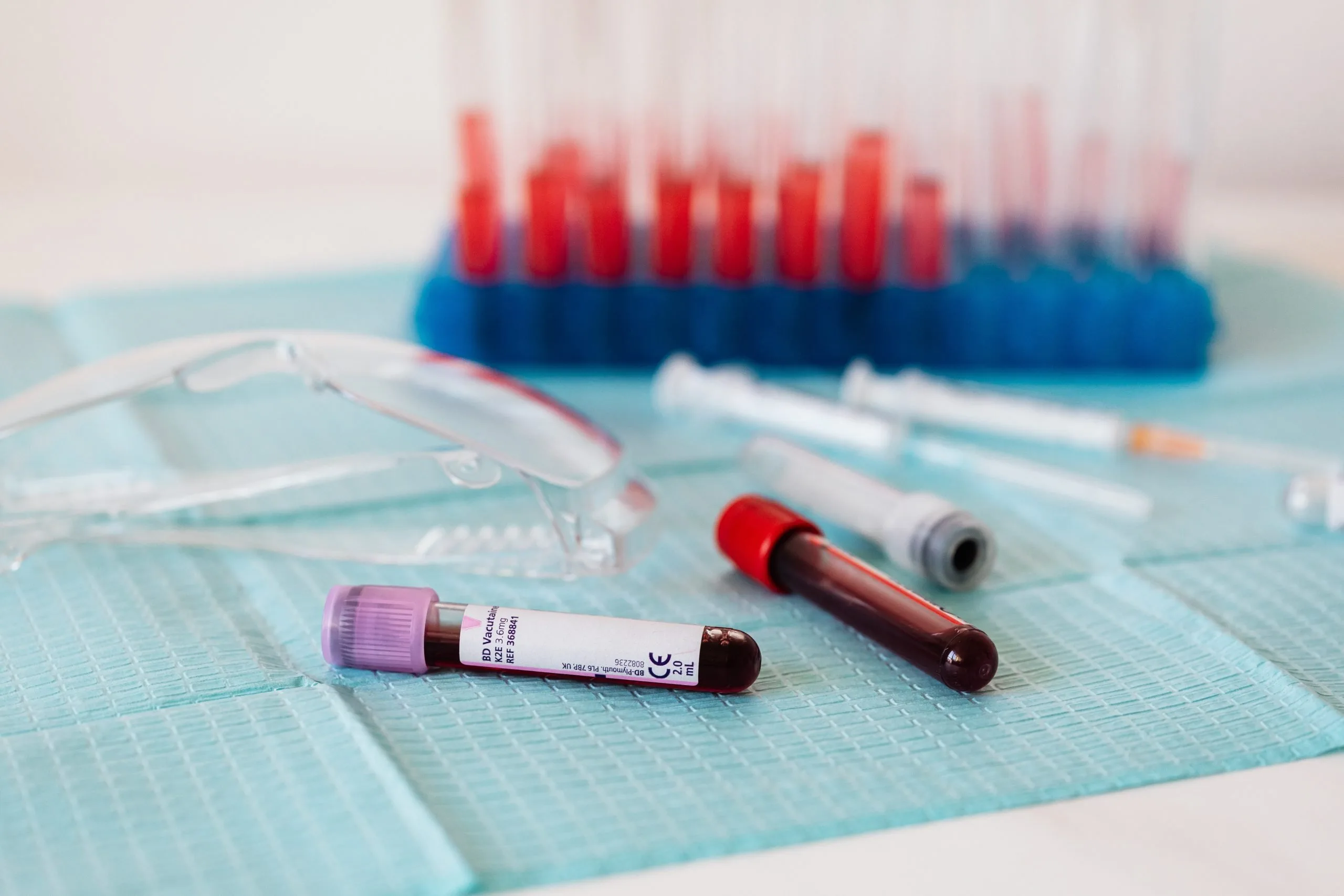Every day, doctors administer life-saving treatments to their patients. However, they often wouldn’t be able to do so without a bit of crucial help. The help of the kind individuals who donate their blood when able. This is because all over the world, countless people require blood transfusions in order to stay healthy. By donating blood, you are giving the most precious gift there is to someone else.
You are giving life
According to the World Health Organisation, sometimes, blood gets separated into different components. Such as red cells, platelets and plasma. These can be used individually for patients with specific conditions. And whether you are a regular donor or new to this, the current global pandemic has caused a dire shortage in blood stocks. To counter this problem and save lives, everyone who is able to donate should make the effort. Depending on where in the world you donate, the ‘shelf life’ of blood products is between 35 and 42 days.
Countless people’s lives depend on blood donation
Research indicates that around 1 million people are newly diagnosed with cancer every year. Someone who receives chemotherapy often needs blood transfusions almost daily. Furthermore, there are various types of patients who need to receive blood transfusions due to their specific conditions. In fact, the Moffitt Cancer Centre estimates that over 4.5 million people every year need blood transfusions. Some of these have conditions or complications that can last for years. This includes those who:
- have had complications with childbirth

- are premature babies
- are children with severe anaemia
- live with an inherited blood disorder
- need to undergo a transplant
- have had an injury and are experiencing internal or external bleeding as a result
- require treatments that involve plasma or other blood products
- require cardiovascular or orthopedic surgery
Very simply put, if there isn’t enough blood in the system, these people cannot receive their transfusion when needed. This means the need to donate blood products is constant. It is also essential to community health. An estimated one in seven people who enter the hospital require a blood transfusion.
Furthermore, by stopping by your local donor centre. You’re not only helping to save lives. You are doing your own health some good as well. This is because there are health benefits to donating blood.
These include the following:
1. You receive a mini-medical – for free!
You probably know that there are certain requirements you need to meet before you can donate blood. Nurses will usually make sure to check your blood pressure, iron levels and pulse rate first. If these are in order, you pass the test and can donate. If not, you will be advised accordingly. Any potential problems are therefore ruled out. Any areas that need attention can be caught before they become problematic. Also, if you’re not sure about your blood type, this is a surefire way of confirming it. Finally, all of this is a free service!
2. You burn some energy
A single donation can burn up to an estimated 650 calories. This is around 2720 kilojoules. This is because, after a donation, the body needs to replenish the missing blood, and this requires a fair amount of energy.
3. You have a reduced risk of cardiovascular disease, stroke and cholesterol
Research published in the American Journal of Epidemiology indicates that blood donors are 33% less likely to suffer from cardiovascular disease. Furthermore, they are 88% less likely to suffer a heart attack than those who don’t donate blood. This is because, when you donate blood, around 225 to 250 mg of iron is removed from the body. High levels of iron in the blood are associated with issues such as:
- muscle weakness
- Irregular heartbeat
- Decreased libido
- enlarged liver
- Accelerated cholesterol oxidation
- hardening of the arteries, and
- an increased risk of cancer.
(Find out how too much iron in your diet will age you faster.)
The Journal of the American Medical Association published a study in which researchers discovered that blood donors between the ages of 43 and 61 who donated blood every six months not only had fewer heart attacks but also fewer strokes.
What does the blood donation process look like?
The process is generally quick, clean and efficient. It leaves you knowing that you potentially saved three lives.
- It usually takes between 30-45 minutes, from start to finish. The centre will require you to fill out a donor questionnaire. This assesses your health and lifestyle. Nursing personnel will check and confirm that you are indeed fit to donate blood. As a blood donor, you will be registered in the system. You will also receive a unique donor number. Your blood gets registered under this number.
- A nurse will take your blood pressure and check your iron levels.
- He or she will then examine your arm and find a vein. They will clean it with an antiseptic sponge.
- He or she will insert a new, sterile needle. It will collect your blood into a blood bag carrying your unique number. The needle will be used only once and incinerated thereafter.
- A scale will measure your blood once the bag is full, at which point the needle will be removed and a sterile dressing applied to your arm.
- Finally, the nurse allows you to lie down for a few minutes to prevent any dizziness and/or nausea. Afterwards, it is recommended that you eat or drink something to maintain blood glucose levels.
Why is there a blood shortage?
Due to restrictions that needed to be put in place to limit crowds and manage infection control, blood drives had to be halted. As a result – in many countries – there is a critical blood shortage. This is why anyone who is able to donate blood should visit their nearest donor centre and donate. Donor centres comply with COVID-19 guidelines, so you can still visit and donate safely. All people accessing donor centres are screened thoroughly.
Additionally, if you’ve tested positive for COVID-19, plasma from your whole blood donations could help current coronavirus patients who are in need of convalescent plasma transfusions. If you currently have flu-like symptoms, however, you are advised to delay donation until you are well.
Check to see whether you can donate blood.
References:
World Health Organisation. Blood products: why should I donate blood? https://www.who.int/news-room/q-a-detail/blood-products-why-should-i-donate-blood#:~:text=Blood%20is%20the%20most%20precious,for%20patients%20with%20specific%20conditions
Medical News Today. Blood donation: completely altruistic, so much benefit to so many people. https://www.medicalnewstoday.com/articles/blood-donation-completely-altruistic-so-much-benefit-to-so-many-people
https://www.cedars-sinai.org/programs/blood-donor-services/about-donation.html
https://www.fedhealth.co.za/healthy-living-tips/the-health-benefits-of-donating-blood/
https://sanbs.org.za/why-donate-blood/




![women [longevity live]](https://longevitylive.com/wp-content/uploads/2020/01/photo-of-women-walking-down-the-street-1116984-100x100.jpg)










